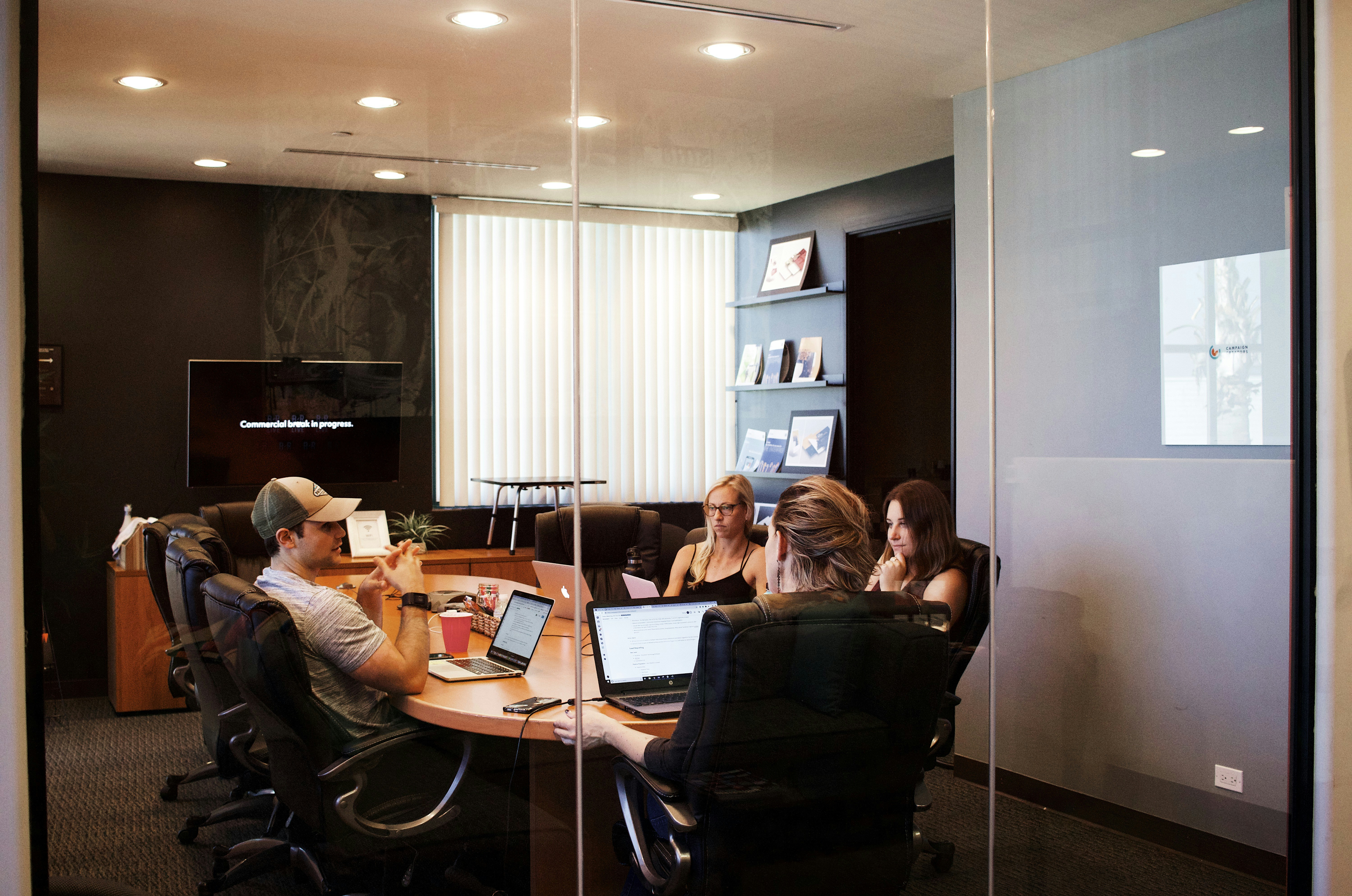MenuClose
A lot of businesses aren’t sold for one simple reason: because it’s something the owner never planned to do.
From our experience, we know that business owners often focus on increasing profitability and cashflow, which is very important. However, the primary focus should be on building business value.
But how can you build value to get your business ready for sale?
Firstly, you need to set a realistic timeframe. In other words, ensure you allow yourself enough time to build value.
We normally recommend allowing at least three years to plan your sale and business succession. Ideally, it would be more like 3-5 years. For many business owners, this seems like a long time, but it’s how much time you need to get sale ready.
Next, determine what your business is worth today. Ball parking can be complex, so we recommend getting it valued by a professional such as a CA-qualified accountant or business advisor. We can weigh up various factors to give you the most realistic figure.
Once you have this figure, you can now use the 3-5 years to increase it!
Related: How do I increase the value of my business?

Financial performance is a key driver in business value. Ultimately, it comes down to increasing profit to argue increased value. This means you need to look at how you can potentially improve both the income and efficiency of your business.
Here are some suggestions, but note they’re situation-dependent:
Ways to increase income
Ways to increase efficiency
Related: Business development and marketing: are you nurturing growth?
You should also look at removing expenses that contaminate profit. This includes:
Arguably, these costs can be added back in calculating maintainable profits, but the fewer addbacks the better.

As well as looking at ways to increase profit, we also recommend you look at calculating the tax on sale and whether a review of your structure could help in reducing the tax consequences to maximise after-tax value.
Tax considerations can be complex, so again, engage professional support.
Related: Monitoring business performance: the whats, whys and hows
As well as looking at increasing value from a financial perspective, there are also some non-financial matters that can affect the value of your business and what target buyers will be willing to pay.
Relying heavily on key people in the business can create a dependency risk. If they leave, so does their intellectual property (aka their specialised skills and knowledge and stakeholder relationships) that are critical to your business.
To avoid this, you need to:
The terms and conditions of your lease agreement, such as its length, rate, and renewal options, can affect your business's financial performance and value.
To positively affect it, you should:
If your lease only has a short term remaining, it’s harder to argue increasing value!
Clients are the primary source of revenue for most businesses. The value of a business is often closely tied to its ability to generate revenue, and a strong and diverse client base can significantly enhance your business's value.
To minimise the risk associated with your clients:
Related: 3 steps to client/customer strategy success

Let’s wrap things up with one final question.
If you undertook this analysis now and were able to increase your profit performance and improve on non-financial matters, what could your business then be valued at? Do the calculation and take action!
Working with professionals through the process of getting your business sale ready for prospective buyers, such as lawyers, accountants, tax specialists and business advisors, will help you achieve the best possible end figure.
Ensure the best valuation in the first stages of the sales process and a successful sale by reaching out to your Maxim Advisor or contacting our team to arrange an initial chat with one of our exit strategy experts.
